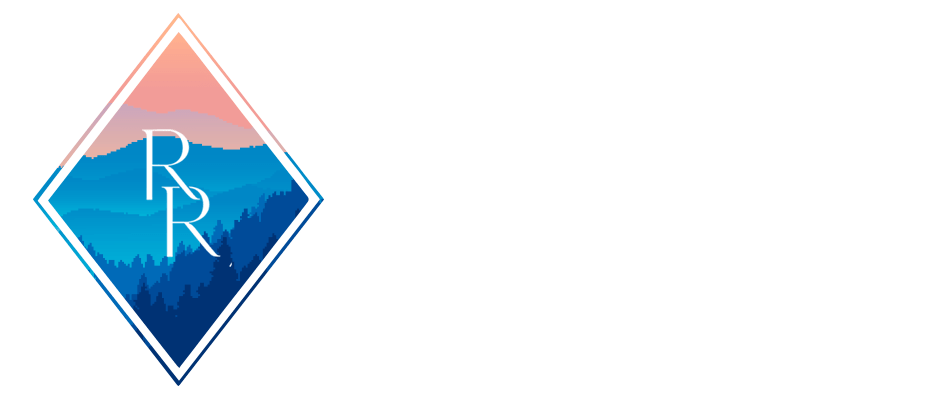Cognitive behavioral therapy (CBT) is a form of talk therapy or psychotherapy. The role of CBT in addiction treatment is to help change the way you think and behave in order to help you better manage problems that may have contributed to addiction, such as stress, depression, or anxiety.
The Role of CBT in Addiction Treatment
The idea behind cognitive behavioral therapy and its role in addiction treatment is that your thoughts, your emotions, and your behaviors are all linked and have an influential role on one another. As such, if you have unhelpful thoughts or emotions, this can lead to harmful or unhelpful behaviors, which further propagate unhelpful or harmful thoughts.
Let’s look at an example:
Tim is concerned that everyone at work is trying to get him to do a job that is outside of his purview and against the law. Every time one of his co-workers sends him an email that brushes on the topic of that particular job, Tim gets stressed and angry, letting his thoughts consume him.
This leads to issues with sleep and stress, increased drinking to fall asleep or calm down when angry, as well as emotional outbursts toward those around him.
Cognitive behavioral therapy would help Tim recognize the unhelpful thought patterns associated with receiving a new email in his inbox or having anyone from work reach out to him and would change his approach toward problems in a way that’s more constructive than getting angry and turning to alcohol.
Is Cognitive Behavioral Therapy Effective?
Cognitive behavioral therapy and its role in addiction treatment has been scientifically proven to be effective in tackling:
- Sleep problems
- Depression
- Stress
- Anxiety
- Addiction
- Relapse
Practicing Cognitive Behavioral Therapy
Cognitive behavioral therapy and its role in addiction treatment is can be explored with help from professionals at Ritual Recovery, a trusted North Carolina drug rehab. When you start a program at our outpatient drug rehab in Asheville, our team can provide individualized cognitive behavioral therapy tips and strategies based on your specific problems and needs.
Reframing Thoughts
One of the ways cognitive behavioral therapy helps in addiction treatment is by teaching you to reframe your thoughts. It’s perfectly normal to feel worried or anxious, especially when you finish treatment and go back to your regular environment and daily stress. However, there are ways that you can learn to examine whether or not there is evidence for your thoughts and what things are within your control to change.
Some examples of unhelpful thoughts that you might catch yourself having and need to change include:
- Believing that the worst outcome will always happen
- Ignoring anything good in a situation and only focusing on the bad
- Seeing things are good or bad, and nothing in between
- Considering yourself as the reason behind bad things happening in your life
Problem-Solving
When you work on cognitive behavioral therapy in addiction treatment, not only will you learn how to recognize and reframe unhelpful thoughts, but you will be exposed to techniques to help you better manage your concerns.
Consider this example:
Steven is in an outpatient program, and he is worried about going home and feeling stressed about working, paying his bills, and being there for his family while also taking care of himself. He is also worried about relapsing.
In Steven’s example, he can’t necessarily make all of those concerns disappear, but what he can do is set aside worry time, a specific 10-minute period during the day when he can write down and focus exclusively on his concerns. This technique enables him to prevent worries or anxiety from eating up all of his focus throughout the day because he knows that there is a designated time when he can reflect on his issues and find solutions.
During those “worry times,” Steven can go through each of his issues and decide whether or not they are founded in something real and, if so, whether he has control over things, and if so, what he can do to better control the issues or manage his anxiety.
Ritual Recovery Can Help
At Ritual Recovery, we help our clients utilize problem-solving skills and reframing techniques to face their fears and create strategies to tackle responsibilities and other obligations. Cognitive behavioral therapy provides scientifically effective strategies to recognize unhelpful behaviors or thoughts that may contribute to addiction and to avoid them in the future. Contact our team today to learn how cognitive behavioral therapy can help you in our North Carolina substance abuse treatment programs.








